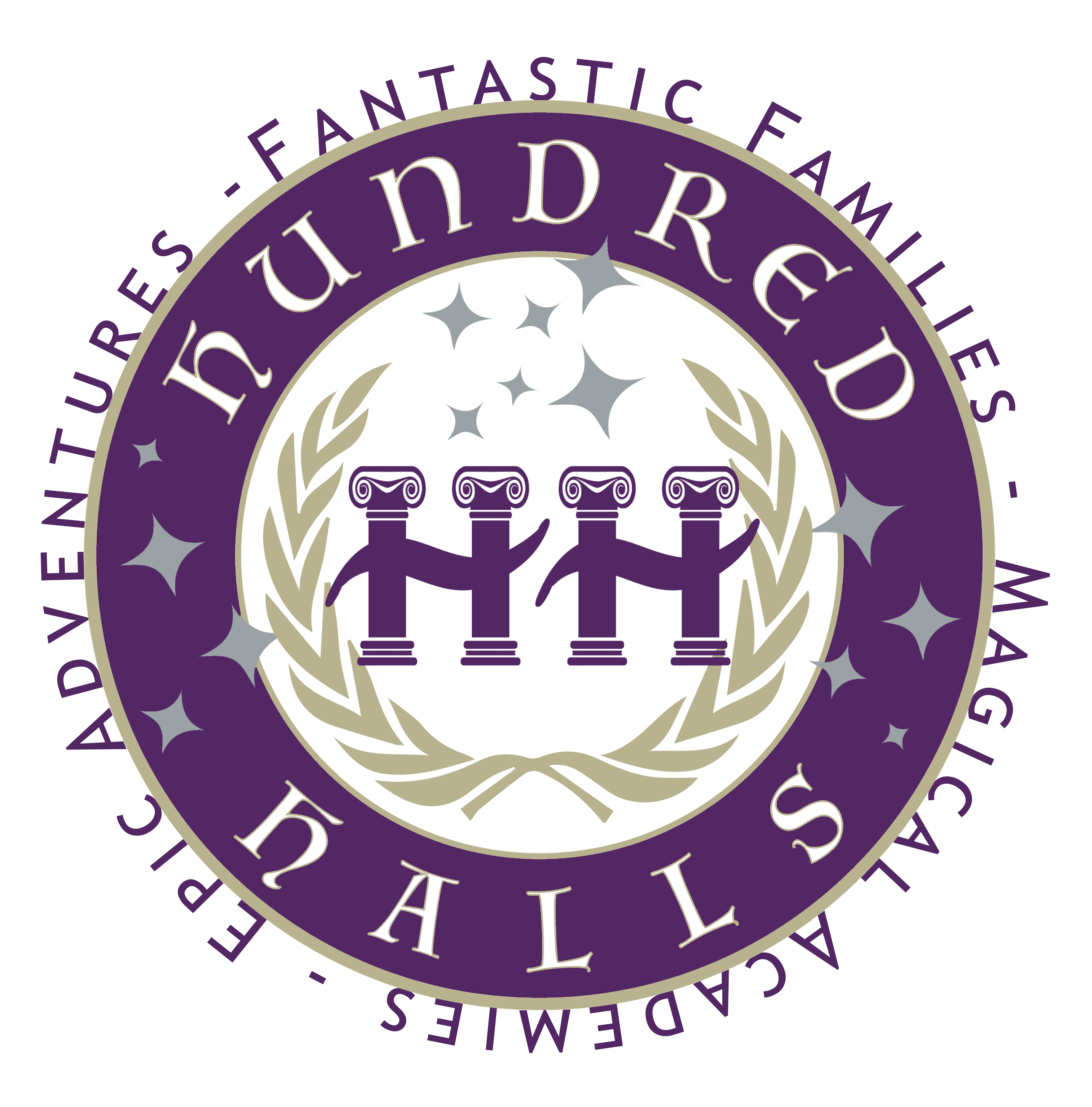I finished reading the book Outliers by Malcolm Gladwell today. One theme from the book was the idea that 10,000 hours of meaningful work within a skill set will make you an expert. A brief example from the book is a comparison of three groups of violinists at Berlin’s elite Academy of Music. The first group are judged as having world-class potential as a violinist. The second group was judged as merely “good.” While the third group aspired to be high school music teachers.
The difference in their ability was correlated to the amount of time they practiced. All of them started around the age of five, but the world-class players practiced for long hours and had achieved the magical 10,000 hours by the time they reached the academy. The second group had totaled eight-thousand hours and the last group only four-thousand.
This should come as no surprise to anyone that hard work pays off. The book goes on to give examples of how people like Mozart, Bill Gates and the Beatles all benefited from their 10,000 hours.
The surprise to me was that, well, I was surprised. This wasn’t the first time I’d heard this axiom. Growing up I played soccer and attended Pat McBride’s soccer camp in St. Louis. Pat played for the Olympic team and is in the National Soccer Hall of Fame. He’s a legend around these parts. One of the things he said was that to be a great soccer player, you must touch the ball a million times.
While I never aspired to be a professional soccer player, I always took that lesson to heart for soccer. It’s not until I’ve become a bit older and wiser (and having read Malcolm’s book) that I realize that is true for any skill.
Thinking back to two of my favorite writers, Steven King and George R.R. Martin, I realize that both of them recounted the many rejections they received at a young age in their books on writing. They were working on their 10,000 hours at ages long before I’d even thought about putting pen to paper on a regular basis.
This also holds true to Heinlein’s Rules, which is a guidepost for new writers (and old ones still trying to learn the craft.)
1. You must write.
2. You must finish what you write.
3. You must refrain from rewriting, except to editorial order.
4. You must put the work on the market.
5. You must keep the work on the market until it is sold.
And if you need another example, then read these posts from Dean Wesley Smith about Killing the Sacred Cows of Publishing. Read not only the posts, but the comments. Reading all of them has been like jacking into the Matrix and downloading thirty-years of experience in a few hours.
While I haven’t yet reached the mythical 10,000 hours, I’m working diligently on that task. This year my goal is 200,000 words (not including my blog posts for here and Games Alfresco.) That seems like a lot, but I hit 140,000 words last year (one novel, 4 short stories.) and made around 220 blog posts. Professional full-time writers probably put in about 500,000 words a year.
In the end, I’ll only get better if I have the courage to keep writing, sending out stories and novels, and waving at the rejections as signposts on my way to success.
